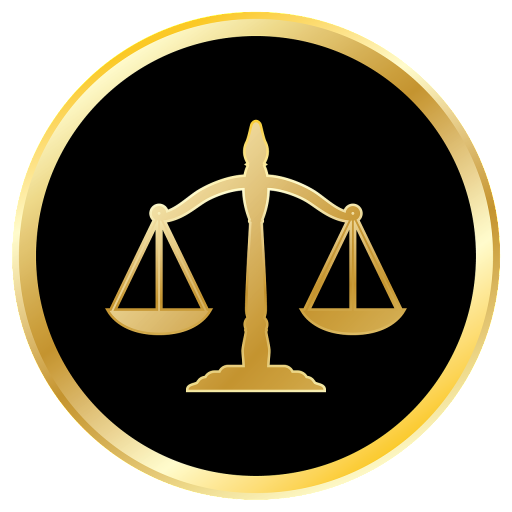TrustEstateProbate.com
Executor duties
You must name an executor in your will. The executor pays your debts and taxes and then makes sure the rest of your estate is distributed according to the terms stated in your will.
Duties of the executor:
Ensure that all the real and personal property is protected, including arranging, if necessary fire insurance on buildings and changing locks to protect assets.
Locate safety deposit boxes access keys.
Select the lawyer to act for the estate and obtaining certified copies of the death certificate. Discuss the lawyers and accountants fees and disbursements right up front.
Locate all life insurance policies and notify the insurance company of the death and forward a copy of the death certificate to have the policy paid to the beneficiary. This is something that the attorney can handle.
Notify all insurance companies including house insurance and car insurance of the death. Ensure that insurance is maintained appropriately, make a list of all the assets and including stocks, bonds, pension funds, bank accounts, government investments, work related life insurance or benefits for the spouse.
Locate all copies of any designation of beneficiary forms for retirement accounts as well as any accounts that are POD (payable on death)
Determine any interests in entities and obtain shareholder and partnership agreements. Specific options may be time sensitive and must be adhered to accordingly.
Locate the previous three years of income tax returns and provide copies to the lawyer. These must be reviewed quickly to ensure that no filing dates are missed. Government tax authorities do not care that the person is deceased. The executor may be personally liable for any tax penalties that are incurred because filing dates are missed.
Pay debts or make arrangements to have them paid when estate funds become available. Keep careful records of all income and expenses during the administration of the estate.
Make a list of all debts. This will include accounts for charge cards, house utilities, property tax arrears, income tax arrears, loan payments, outstanding leases, and mortgages on house or vehicles, alimony or prior separation agreement. Provide this list and supporting documentation to the lawyer.
Once all the assets have been located and the debts paid then the estate will be disbursed in accordance with law and the terms of the Will.
You will need to notify the beneficiaries about their bequest and provided there is money left after the payment of all debts, the beneficiaries will receive their money or assets from the Executor of the estate.
The executor will need to open up an estate bank account in the name of the Estate. Most banks require the certificate of appointment of the executor by the court, a certified copy of the death certificate, the estate tax identification number.
